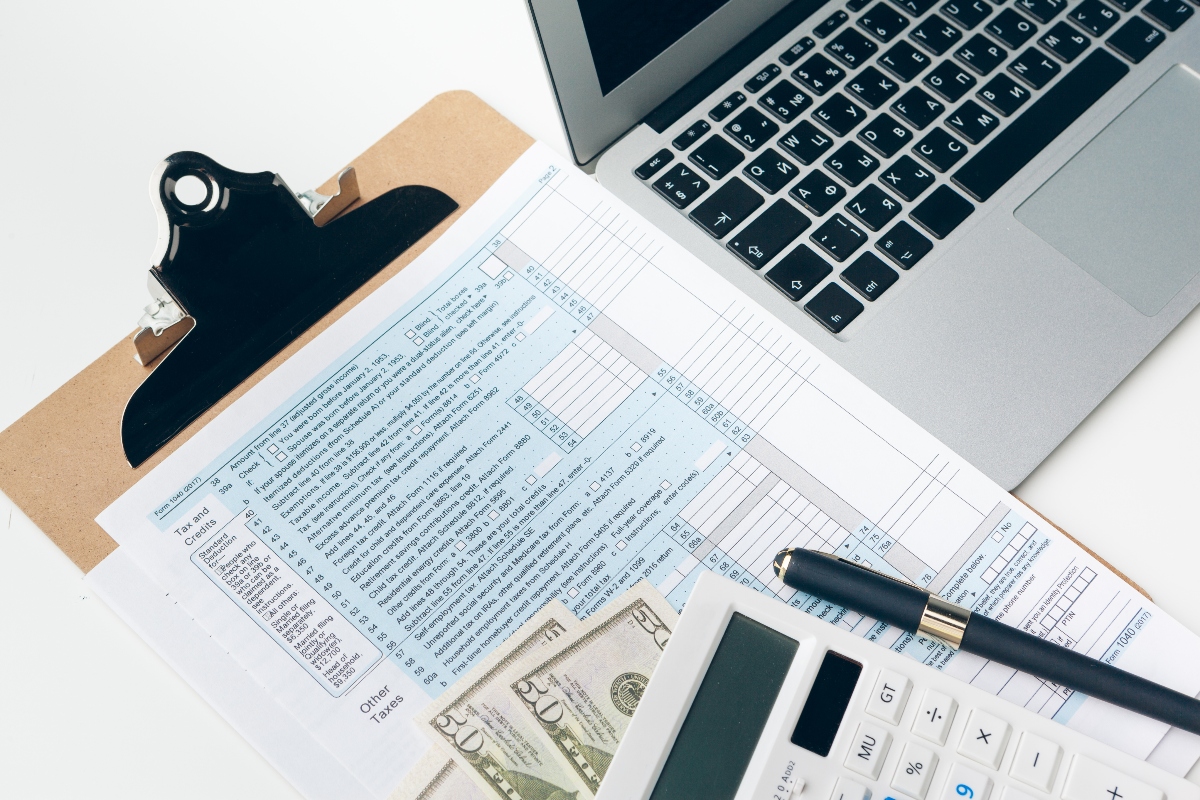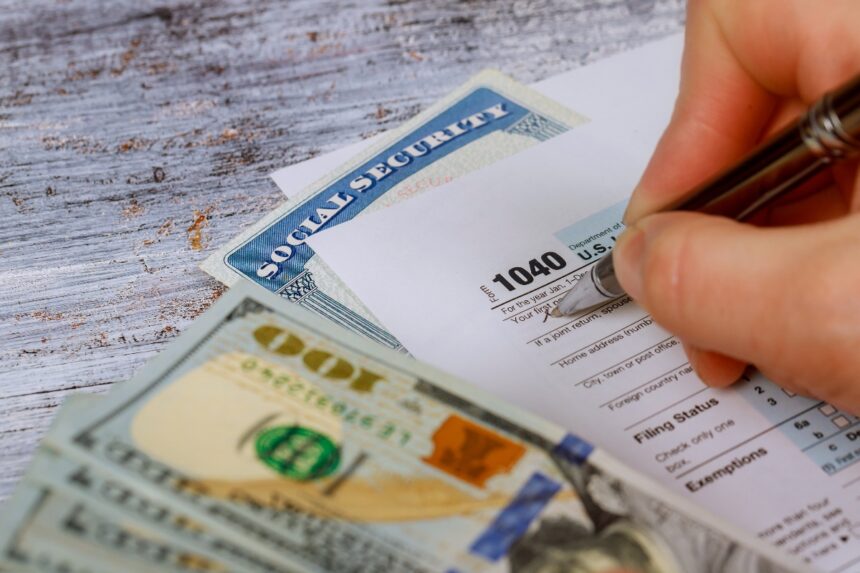The stimulus check was a lifesaver for millions of families in the United States, but many are still wondering: will I have to pay back part of it to the IRS? According to the Internal Revenue Service (IRS), more than 160 million Americans, including millions of Hispanics, received stimulus payments during the pandemic.
However, confusion persists as to whether these payments are taxable. For the Hispanic community, which represents a critical workforce, understanding how these checks do (or do not) affect tax returns is key. The good news: you won’t have to pay taxes on the stimulus check. But, as with all tax issues, there are nuances you need to be aware of, and QueOnnda. com explains it all clearly, reliably and with verified sources!
1. Are taxes paid or not?

The short answer is no.
According to the IRS, stimulus payments (Economic Impact Payments) are not income and, therefore, are not subject to federal or state income tax.
These payments were designed as advance tax credits, based on the Recovery Rebate Credit.
So, although they are considered part of your tax refund, they do not add to your annual income.
Will it appear on my return?

Yes, but don’t worry.
The IRS states that you must report whether you received the full payment, partial payment or no payment at all.
This is so you can claim the Recovery Rebate Credit if you did not get the full amount you were entitled to.
Missing part of your check? Filing your return will allow you to claim that difference – no one is left without what they are entitled to!
As with everything in tax matters, there are nuances that you should know
QueOnnda.com
3. What if I earned more money?

Some people fear that if their income increased after receiving the check, the IRS will ask them to pay the money back.
Relax! According to IRS.gov, you won’t have to pay back the stimulus, even if your income exceeded the limits after you received it.
The payment was based on your income reported in previous years (2019 or 2020). Once received, it is yours forever.
4. Beware of scams

The IRS has warned about fraud.
No agency will call you or send emails asking you to return the stimulus.
If you receive suspicious messages, report them directly to the IRS to avoid becoming a victim of scams.
No, you do not have to pay taxes on the stimulus check.
This financial aid is tax-free and is not counted as income. In addition, even if you have earned more money later, you will not have to pay it back.















